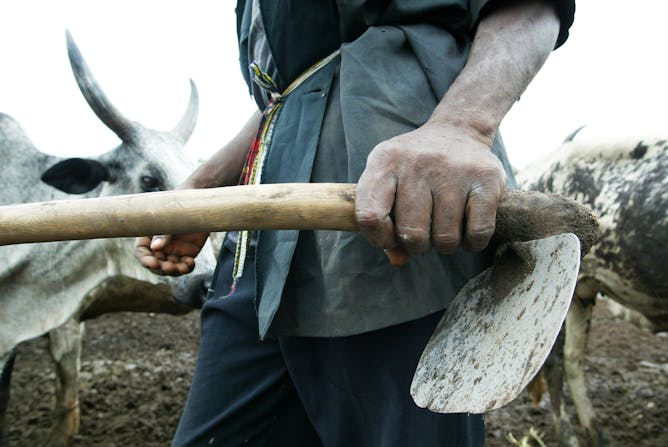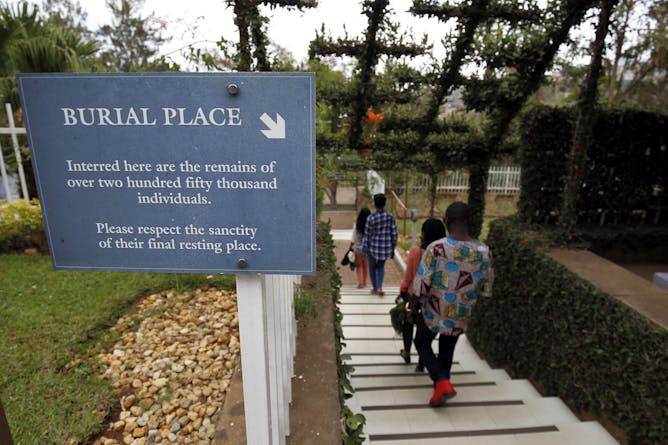|
Conflict, climate change and rising prices are affecting the ability of Nigerians to have enough nutritious food to eat every day. The country ranked 84th out of 119 countries in the 2017 Global Hunger Index. Nigerian President Muhammadu Buhari has launched a new council to address this problem. But it’s got limitations – Titilayo Adebola proposes a five-point plan that would ensure the right solutions are put forward, and executed properly.
Rwanda’s fractious history has been marked by rivalries between ethnic groups and civil wars. Noel Twagiramungu and Joseph Sebarenzi argue that for Rwandans to find real healing after the deadly events of the 1994 genocide, the country needs to deepen democratic structures to make sure that all groups are equally represented in the government.
The Conversation Africa has been endorsed by another institution on the continent - the Nairobi-based International Centre for Agroforestry. This brings to 35 the number of African academic institutions and research houses that have thrown their weight behind the Conversation Africa since it launched on May 7 2015. The institutions and the Conversation Africa share a common mission: to put academic research and analysis into the public domain. Scientists and researchers have a great deal to offer decision makers who want to design policies based on evidence-based research. The Conversation Africa has built a bridge spanning these two worlds.
|

Small-scale farmers produce about 90% of Nigeria’s food.
ILRI/Stevie Mann/Flickr
Titilayo Adebola, University of Warwick
Civil conflict, displacement, rising food prices, and climate change all cause food insecurity in Nigeria.
|

Rwanda’s Genocide Memorial burial site.
Ahmed Jallanzo/EPA
Noel Twagiramungu, University of Massachusetts Lowell; Joseph Sebarenzi, Ph.D., SIT Graduate Institute
As Rwanda marks the 24th anniversary of the 1994 genocide, much more needs to be done to unite the country.
|
Science + Technology
|
-
Kevin Rey, University of the Witwatersrand
A study has found that a local event rather than a global shift in climate caused the mass extinction in South Africa.
|
|
Environment + Energy
|
-
Duan Biggs, Griffith University; Carly Cook, Monash University; Kent Redford, University of New England, United States; Matthew H. Holden, The University of Queensland
Should trade in ivory be banned or not? There may be a solution.
|
|
From our international editions
|
-
Glenn Hanna, University of Guelph-Humber
The Toronto cop who apprehended the van attack suspect is being lauded internationally for refraining from using deadly force as he apprehended him. Here's how everything went right for the constable.
-
Craig Jones, Newcastle University
A recent intervention by the US, the UK and France is only part of a far broader – and deadlier – campaign.
-
Jackson Thomas, University of Canberra; Erin Walker, University of Canberra; Gregory Peterson, University of Tasmania; Mark Naunton, University of Canberra
Each year, 500,000 people die of malaria annually, a preventable disease. Most of them children in Africa, where many anti-malarial drugs are fake or substandard.
|
|